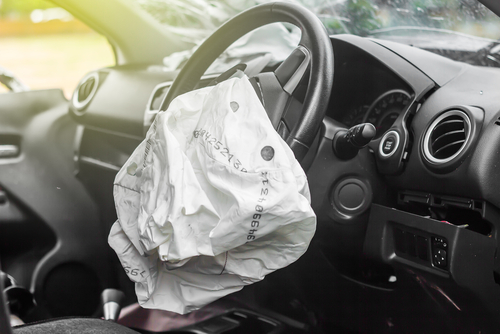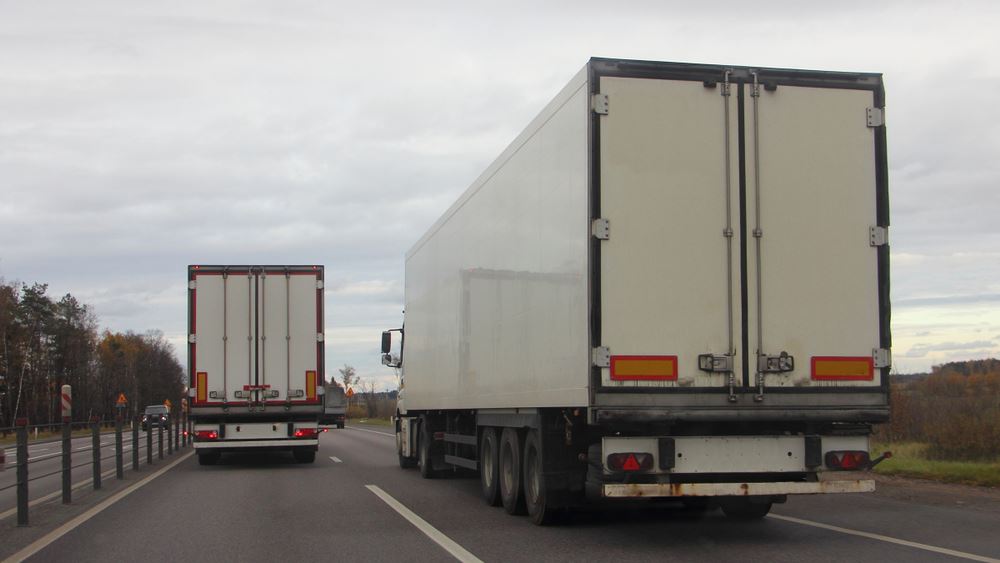Driver fatigue significantly contributes to traffic accidents, especially involving commercial vehicles. Understanding who is liable for accidents caused by driver fatigue in Virginia is crucial for victims seeking justice and compensation. Let’s clarify the legal landscape surrounding these incidents.
What Is Driver Fatigue?
Driver fatigue occurs when a driver’s physical or mental state deteriorates due to lack of sleep, extended hours of driving, or strenuous work conditions. This impairment reduces reaction times and decision-making abilities, significantly increasing the risk of accidents. Fatigued driving is responsible for thousands of injuries and fatalities each year. Recognizing the signs of fatigue—such as frequent yawning, heavy eyelids, and drifting from one’s lane—is essential for preventing these accidents.
Virginia’s Legal Framework for Driver Fatigue
Virginia enforces strict regulations to mitigate driver fatigue, particularly for commercial drivers. These laws mandate rest breaks and limit driving hours to reduce fatigue-related accidents. The Federal Motor Carrier Safety Administration (FMCSA) also sets forth rules for commercial drivers, including the hours of service (HOS), limiting the number of hours a driver can be on duty before a mandatory rest period.
Who Can Be Held Liable?
- Drivers can be held liable if they don’t take necessary precautions to avoid driving while fatigued. This includes adhering to rest requirements and recognizing their limits. A driver who chooses to drive while knowing they are tired can be found negligent and liable for any resulting accidents.
- Trucking Companies, especially those in the commercial transport sector, must ensure their drivers are well-rested. They must comply with regulations regarding driving hours and provide proper rest periods. Failing to do so can result in employer liability. Employers are responsible for monitoring driver logs and ensuring compliance with HOS regulations.
Proving Liability in Driver Fatigue Accidents
Proving liability in fatigue-related accidents requires substantial evidence. Key pieces of evidence include:
- Logbooks: Driver logbooks are critical in showing whether HOS regulations were followed.
- Witness statements: Testimonies from witnesses can provide insights into the driver’s condition before the accident.
- Camera footage: Dashcam or surveillance footage can show signs of driver fatigue, such as drifting lanes or erratic driving.
- Medical records: can confirm if the driver was suffering from a condition contributing to their fatigue.
Legal challenges often involve gathering enough evidence and proving that fatigue directly caused the accident. An experienced personal injury attorney can navigate these complexities and help build a strong case.
Preventing Driver Fatigue
For drivers, preventing fatigue involves:
- Prioritizing sleep: Ensure adequate rest before long trips.
- Regular breaks: Take breaks every two hours or 100 miles to rest and refresh.
- Avoiding drowsy medications: Be aware of drugs that can cause drowsiness and avoid driving if taking them.
- Recognizing signs of fatigue: Be alert to signs of fatigue, such as yawning or difficulty concentrating, and stop driving if they appear.
For employers, keeping their drivers safe and awake includes:
- Enforcing regulations: Ensure strict adherence to HOS regulations.
- Providing training: Offer fatigue management training to educate drivers on the importance of rest.
- Monitoring compliance: Regularly check driver logs and use technology to monitor driving hours.
- Offering a supportive environment: Create a work environment prioritizing driver health and well-being.
Understanding liability for driver fatigue-related accidents in Virginia is essential for prevention and legal recourse. Both drivers and employers play significant roles in ensuring road safety. If you’ve been involved in an accident caused by driver fatigue, consult an experienced personal injury attorney today to explore your legal options.
Consult with a personal injury attorney today! Contact Huffman & Huffman for professional legal advice.
 Text Us
Text Us  Call Us
Call Us 







